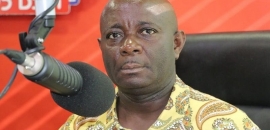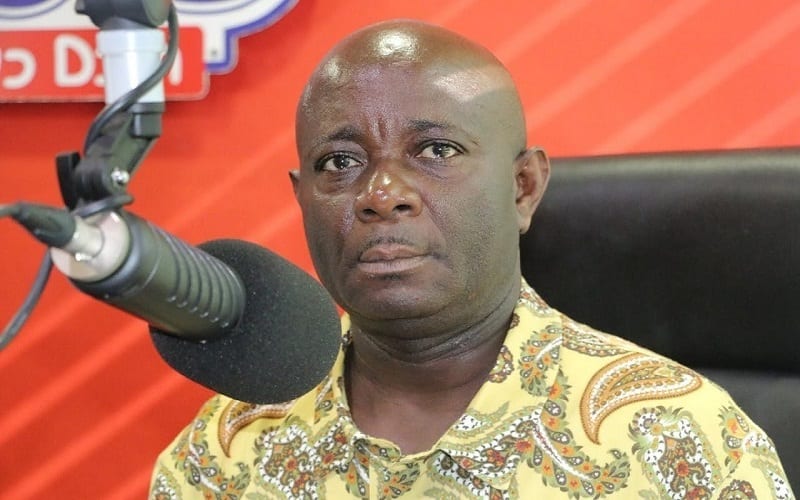
Odike Fights Mahama Over Reduced Exchange Rates
Oct 22, 2025
by Ekow Benyah Oct 22, 2025

October 22,2025
Kwasi Addai Odike, Founder and Leader of the Union Government, has launched a scathing critique of President John Dramani Mahama's economic management, accusing his administration of restricting currency flow and creating an "economic quiet" that is suffocating businesses across the country.
Speaking in an interview monitored by vistanewsgh.com on October 21, Odike claimed that despite government assurances of payments and economic relief, contractors and key sectors remain unpaid, causing widespread business stagnation.
"The current economic quiet is because President John Mahama is starving Ghanaians with the lack of cedis in the system. The cedi is not circulating; he is not paying contractors. There are so many pending statutory payments," Odike stated, adding that as a businessman, he has observed that Ghanaians lack sufficient local currency to even purchase dollars.
The opposition leader emphasized that businesses are not seeking a devalued cedi, but rather a stable and predictable currency regime that allows for effective planning and projections.
"As businesspeople, we didn't ask for the cedi to go down, we asked for a stable and sustainable currency so we can plan and project around a fixed rate. The fluctuating currency does not help businesses," he explained.
Odike highlighted the plight of exporters and manufacturers whose production costs continue to rise due to currency instability, reducing local patronage of Ghanaian goods and threatening their financial viability.
In a particularly pointed accusation, Odike claimed the Mahama administration created an artificial sense of currency stability by deploying significant reserves from the Bank of Ghana.
"His government used $1.15 billion from the Bank of Ghana to pump up the cedi. What they did is artificial, and it's draining the pockets of people in this country. Businesses and their owners are suffering," he asserted.
While calling for currency stability, Odike cautioned against making the cedi too strong, warning that an overly valued local currency could deter foreign investment.
"For a country that wants to boost production, if its local currency is too strong, no foreign investor will be attracted into the country. Nobody will come," he noted, suggesting Ghana must strike a careful balance between stability and competitiveness.
Odike's comments add to growing pressure on the Mahama administration regarding its economic management. With business leaders expressing frustration over cash flow issues and currency volatility, the government faces mounting challenges in demonstrating tangible economic recovery.
The Union Government leader's emphasis on policy consistency and predictability reflects broader concerns among Ghana's business community about the uncertainty hampering investment and planning decisions.
As of press time, the Mahama administration has not responded to Odike's allegations.